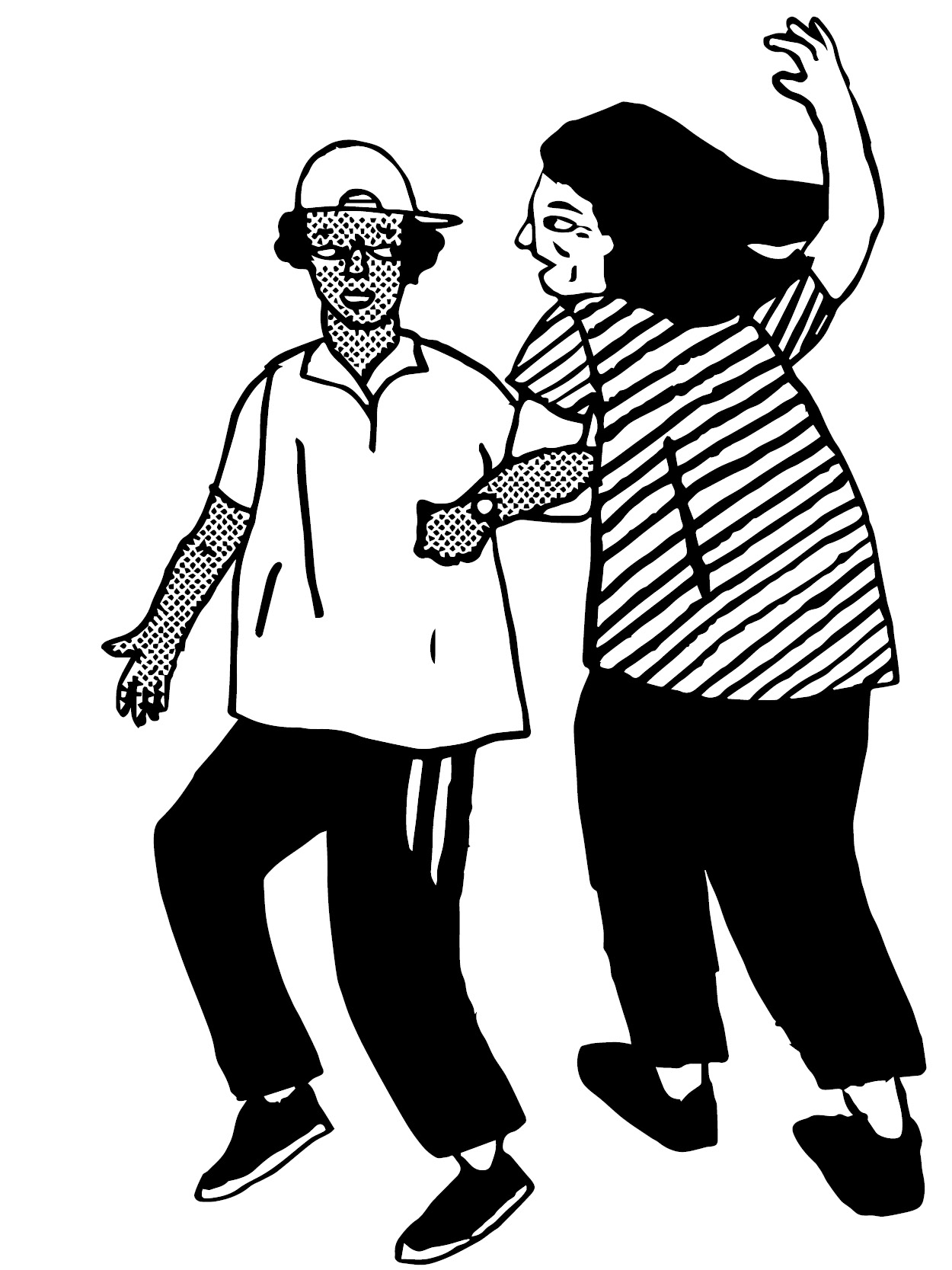Beginners’ Guide to English Folk Costume
Introduction by Chloe Middleton-Metcalfe
This resource is a guide to just some of the many wonderful costumes which are worn for an array of English folk customs including plays, dances, and community festivals. This resource is a celebration of the ingenuity and skill of costume makers past and present.
English Folk
The costumes examined here are part of England’s rich folklore inheritance. This inheritance includes dances, plays, and customs performed by normal people. Many of these traditions had declined by the early part of the 20th century for a number of reasons, including the First and Second World Wars, social welfare changes and the arrival of more varied entertainments, particularly television. However, that was not the end, because some individuals took it upon themselves to revive lapsed traditions; researching them and creating their own, new versions. Historians looking at folk customs actually think that we should see traditions such as morris dancing as a sequence of revivals. Each revival makes the custom relevant for the present day, taking elements from the past which suit it best. Many of these customs are now performed at events such as folk festivals. There are hundreds of folk festivals across England where you can see people in traditional costumes, why not find one near you?
No Costumes – Just Clothing
Some types of English customs such as morris dancing are performative, that is they are meant to be watched, whilst others are social and are about participation. Historically these social customs were performed in people’s everyday or ‘Sunday best’ clothing. Some of these are explored in the Other Dance part of this resource. These dances and customs were considered to be a normal part of people’s lives. People were not going to a folk dance they were just going to a dance, a normal social activity with other people from their community. Today some social dances and customs are still performed in this way. Special costumes were not, and are not, a necessity. If you want to do an English folk activity don’t feel as though you have to wear a special costume, it can be done in any clothing!
Costumes
A costume differs from everyday clothing in that the act of putting on a costume signifies performance. The transformation of clothing into costume is an internal, psychological change within the mind of the wearer. Normal clothing becomes costume when the wearer starts performing. Unless the garments are very different from everyday dress, audiences might not be able to differentiate costumes from clothing, until it is clear that they are witnessing a performance. Costume can be highly decorative, full of beautiful detail or they can be a simple token of performance, such as a ribbon, which shows to the audience and performer that something special and different is taking place. There has been much written about the transformative power of costume, that is costume giving you the power, or letting you get away with, activities that would normally be unacceptable. Halloween costumes today give children the transformative power to knock on strangers’ doors begging for sweets. Likewise, costumes of the past would have given participants an excuse to do activities, often very similar to begging, which they would otherwise not have been allowed to do. This resource should offer you lots of ideas about special clothing which people wore, and continue to wear, in order to perform a wide range of English traditions.











